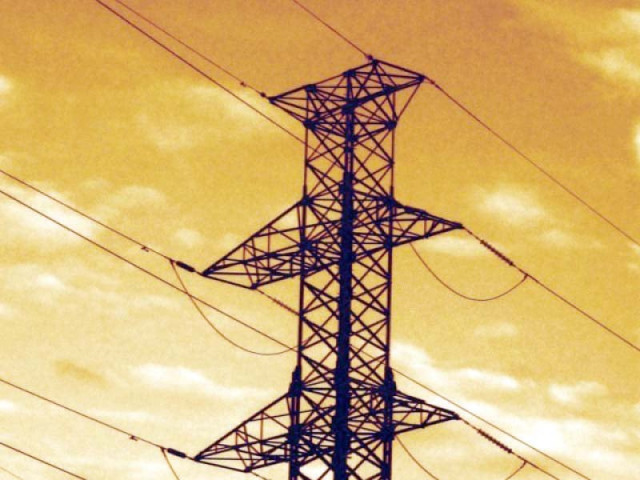Govt considering doing away with power subsidy
It can introduce a uniform tariff across the country

With the expected rise in electricity production in 2018, its consumption would also go up manifold along with the subsidy being provided by the government. PHOTO: FILE
At present, it is providing an annual subsidy of more than Rs100 billion to the power consumers. It also has a cross-subsidy programme in place that imposes a higher-than-average tariff on some big consumers that pay their bills regularly and this collection is used to subsidise baseline consumers and make up for line losses.
Planning, Development and Reform Minister Ahsan Iqbal proposed in a meeting of the Cabinet Committee on Energy held on September 15 that the government should allow housing societies to produce up to five megawatts of electricity without seeking any approval. Accordingly, the producers would be free to sell electricity to the consumers directly.
In the meeting, chaired by Prime Minister Nawaz Sharif, the participants argued that the proposal would have serious implications for government revenues as bill-paying consumers could shift to private power producers and consumers in areas with low bill recoveries and those who were highly subsidised would become a liability for the government.
“If the regular bill-paying consumers shift to private producers, then the government will have to provide increased subsidy to the remaining consumers,” a meeting participant cautioned.
It was also pointed out that with the expected rise in electricity production in 2018, its consumption would go up manifold along with the subsidy being provided by the government.
Therefore, the participants suggested that if the proposed policy was adopted, then government’s interest could be shielded by eliminating the subsidy and applying a uniform electricity tariff throughout the country.
Later, the prime minister directed his secretary and the water and power secretary to submit proposals for the deregulation of electricity generation and gather data pertaining to its financial impact.
According to an assessment made by the water and power ministry, Pakistan would have 1,224 megawatts in surplus by June 2018 - around the time when next elections would be held in the country.
The water and power secretary told the cabinet committee that historical record showed that the annual increase in electricity demand had not exceeded 4%, but the current production requirement was based on an annual rise of 5% in consumption.
The prime minister directed that the generation requirement should be reviewed as it was likely to go up with the increase in industrial growth and economic activities.
Published in The Express Tribune, October 18th, 2016.
Like Business on Facebook, follow @TribuneBiz on Twitter to stay informed and join in the conversation.



















COMMENTS
Comments are moderated and generally will be posted if they are on-topic and not abusive.
For more information, please see our Comments FAQ